Can You Put Weed in a Checked Bag? ✈️ The Essential Guide for U.S. Travelers

You’re getting ready to fly and wondering if you can stash your weed in a checked bag. 🤔 You’re not alone! With marijuana laws changing state by state, travelers across the U.S. are curious about what’s allowed (and what isn’t) when it comes to flying with their favorite green goods. In this friendly guide, we’ll break down everything you need to know about bringing weed on a plane in the United States, specifically in your checked luggage.
From understanding TSA rules for medical versus recreational use to insider tips on keeping things discreet (hello, smell-proof bags!), we’ve got you covered. Buckle up (or should we say, pack up?) and read on for the ultimate lowdown on flying with weed – all presented in a casual, cool tone 😎 to make a serious topic a little easier to digest.
Understanding TSA Rules on Weed 🛫
Federal law vs. state law: Even though many states have legalized marijuana for medical or recreational use, weed is still illegal under federal law if it contains more than 0.3% THC. Airports and airplanes are governed by federal law, so the Transportation Security Administration (TSA) treats any marijuana over that 0.3% THC limit as an illegal substance. In other words, your state’s weed laws don’t apply at the TSA checkpoint or on the plane – federal rules do.
TSA’s focus is on security, not drugs: The good news (sort of) is that TSA agents aren’t actively rooting through bags looking for weed. TSA screening procedures are focused on finding weapons, explosives, and other threats – not your stash of gummies or a little jar of bud. In fact, TSA has stated that its officers do not specifically search for marijuana or other illegal drugs. However, if during the security process they happen to discover what appears to be an illegal substance, they are required to alert law enforcement. So while they’re not looking for it, if they see or smell something obviously suspicious, you could still get busted.
Carry-on vs. checked bags: According to the TSA’s official guidelines, both carry-on and checked baggage are subject to the same rules for marijuana. The TSA’s “What Can I Bring” page even lists “Medical Marijuana” as allowed in both carry-ons and checked bags with special instructions. Those special instructions basically mean that only products meeting the federal 0.3% THC threshold (like certain CBD oils or FDA-approved medications) are technically allowed. Any typical marijuana (buds, edibles, vape carts) will exceed that limit and is considered illegal. So while the TSA page might say “Yes” for weed in bags, it comes with a huge asterisk.
What happens if they find weed: If a TSA officer finds weed or a THC-infused product during screening, they will likely pull your bag aside and call in a local law enforcement officer. What happens next can depend on where you are. TSA itself won’t arrest you, but the local police at the airport will take over. If you’re in a state where marijuana is legal, the cops might just confiscate it or ask you to toss it. If you’re in a state where it’s illegal, you could face fines or charges – it’s really up to the local laws and the officers involved. (More on those state-by-state differences later.)
Medical vs. recreational: It’s important to note that TSA doesn’t distinguish between medical marijuana and recreational marijuana during screening. Federal law doesn’t recognize state-issued medical cards, so from TSA’s perspective it’s all the same (except FDA-approved prescription medications like Marinol or Epidiolex). We’ll compare medical and recreational scenarios in detail in the next section, but just know that your medical card won’t get you a free pass with TSA.
A quick note on international travel: This guide is focused on flying domestically within the U.S. If you’re thinking about bringing weed on an international flight – don’t do it! ✋ Taking marijuana across international borders can get you in serious legal trouble, even if you’re going between countries where it’s legal. Always leave your stash at home when flying abroad.
Medical vs. Recreational: What’s the Difference? ⚖️
Many travelers ask whether having a medical marijuana card makes it “okay” to fly with weed, or if recreational weed is treated differently by TSA. The short answer: federal rules don’t care if it’s medical or not. As far as TSA and federal law are concerned, marijuana is marijuana. However, there are some practical differences in how things might play out, especially when local authorities get involved. Here’s a quick comparison:
| Aspect | Medical Marijuana | Recreational Marijuana |
|---|---|---|
| Federal law | Still illegal if it contains over 0.3% THC (classified as a Schedule I drug), except for a few FDA-approved cannabinoid medicines. | Illegal under federal law (just like medical marijuana) if over 0.3% THC. No distinction made for “personal” or recreational use. |
| TSA policy | No special exemption – TSA treats medical weed the same as any weed. They aren’t actively searching for it, but if discovered, it’s handled as an illegal substance (your medical card won’t stop them from notifying police). | Same as medical: if it’s above the legal THC threshold, TSA will consider it illegal. There’s no separate rule for recreational users – weed is weed in the eyes of airport security. |
| State law (varies by state) | Legal in many states for cardholding patients. Each medical state has its own possession limits (often 2–8 ounces of flower or equivalent). In states that have medical but not recreational, a valid med card could mean you’re allowed to possess and transport certain amounts within that state. | Legal for adults in states that allow recreational use (typically up to 1 ounce of flower, or around 28g, plus some amount of concentrates or edibles). Completely illegal in states that haven’t legalized – there’s no protection if you don’t have a medical authorization in those places. |
| If found by TSA | TSA calls local law enforcement. If you’re in a state where medical marijuana is legal, showing your medical ID might lead to a more lenient outcome (like confiscation without arrest) as long as you’re within the state’s med possession limits. If you’re in a state that doesn’t recognize that card (or where all weed is illegal), you could still face legal trouble even as a patient. | Also handed over to local police. In weed-legal states, small personal-use amounts are usually not a big deal – officers might just have you toss it or confiscate it. But in prohibition states, you’re likely looking at potential fines or charges just like any illegal drug possession case. |
| Potential penalties | Dependent on local/state law. In permissive states, likely no penalty (they may just take the weed). In stricter states, penalties could include fines or misdemeanor charges, but a medical status might help reduce charges. Importantly, no federal protection – a medical card isn’t a free pass under federal law. | Dependent on local/state law. In recreational-legal states, adults 21+ can possess the legal limit with no penalty. In illegal states, penalties for any amount of recreational weed can range from confiscation and fines to criminal charges, depending on quantity and local regulations. You have no legal defense for recreational possession where it’s outlawed. |
Bottom line: Don’t assume a medical card lets you fly with weed, and don’t assume “just a little recreational weed” is fine either. TSA doesn’t differentiate, and once police get involved, it’s all about the state you’re in and their laws. If you do have a medical necessity for marijuana, consider alternatives like traveling with legal CBD products or arranging access at your destination instead of flying with your supply.
Carry-On vs. Checked Luggage: Where to Stash Your Stash 🛄
The question of the hour: can you put weed in a checked bag? Technically, you can put anything in a checked bag and it might make it onto the plane. But remember, it’s not legal to fly with marijuana (over 0.3% THC) in either checked or carry-on luggage. Many travelers have indeed packed weed in checked suitcases and walked away fine, but that doesn’t change the fact that it’s against the rules. Let’s compare the practical differences between carrying weed on your person versus in a checked bag:
👉 Weed in your carry-on: If you bring weed through the security checkpoint in your carry-on, it’s going through the X-ray scanner right in front of TSA agents – and possibly drug-sniffing dogs. TSA officers aren’t looking for drugs specifically, but they are looking at the X-ray. A small amount of edibles or a vape cartridge might look inconspicuous (gummies can look like candy, and vape pens look like e-cigarettes). But actual bud (flower) could show up as an opaque organic mass that draws an officer’s attention. If they decide to inspect your bag, they’ll find the weed and call in the cops. The upside of carry-on is that if you realize you have something on you at the last minute, you can often discard it at the airport (some airports even have amnesty boxes for this purpose). Also, devices like vape pens containing lithium batteries are only allowed in carry-on, not checked baggage – so you have no choice there. The downside is that you’re right there when they find it, which can be awkward (at best) or lead to missed flights and legal headaches (at worst).
👉 Weed in your checked bag: Packing weed in checked luggage might feel safer because you don’t have to face TSA if it’s found – you’re already past security. Checked bags are screened mostly behind the scenes. TSA uses X-rays and sometimes physical inspections for checked luggage, but you won’t be present if they open your suitcase. For small amounts, if it’s well-hidden and not smell-proof, it might slip through. In fact, because TSA dogs are no longer trained to detect marijuana, a smell-proof stash in your checked bag has a decent chance of going unnoticed. However, if TSA does find weed in your checked bag during a search, they will still call law enforcement. You could be paged at the airport or met by police at your destination. In some cases, travelers simply find a “Notice of baggage inspection” in their suitcase and the weed gone – which means TSA confiscated it and you may or may not hear about it later. The big risk with checked luggage is that you won’t have an opportunity to explain or discard the item if it’s flagged. It’s out of your hands once you hand that bag over.
Which is “safer”? Neither option is risk-free. Generally, small, well-concealed items (like a few edibles or a cartridge) are less likely to raise flags in either case. Some people feel checked bags are safer since they undergo less scrutiny from TSA agents directly. Others prefer carry-on, reasoning that if caught, the amount is small and in a legal state the consequences might be minimal. No matter what, keep quantities low (personal use amounts, not distribution amounts!) and pack items in smell-proof containers to reduce the chance of detection. We’ll cover some specific packing tips next.
Insider Tips for Flying with Weed 🤫
While nothing can eliminate the risks entirely, these tips can help you travel more smoothly with your stash:
- 🗺️ Know the laws for where you’re going: If you’re flying from LAX to Denver, you’re flying between weed-friendly places (though note: Denver’s airport itself bans possession on site). But if you’re heading somewhere like Texas or another state where marijuana is illegal, you should be extra cautious. Also consider any layovers – even if you don’t leave the airport, you’re technically subject to the laws of that state while you’re there.
- 🔒 Use a smell-proof stash bag: Dogs at airports generally won’t smell weed now, but human noses might. An airtight, smell-proof container (like our Weed Bag product) keeps odors contained and your herb out of sight. It also helps protect your goodies from being easily spotted during any bag inspections. Bonus if it has a lock for added discretion.
- 🍬 Choose discreet products: Consider bringing edibles or vape pens instead of raw flower. Edibles look like regular snacks (just don’t carry a giant bag labeled “THC Gummies” in bright print 😅). Vape pens can blend in with other electronics. These forms have less odor and are easier to tuck away than a baggie of pungent bud.
- 🧹 Clean your gear: If you must travel with accessories like pipes, grinders, or vape pens, make sure they’re clean. Residue can smell and also technically counts as illegal substance. A clean pipe won’t raise eyebrows, but a pipe with bits of weed in it could get you into the same trouble as actual weed.
- 🤐 Don’t attract unwanted attention: This might sound obvious, but it’s worth noting. Don’t go through TSA joking about your “pot brownies,” and maybe leave the tie-dye weed-leaf t-shirt at home during travel. The more you look and act like any other passenger, the less interest you’ll draw from security.
- 📦 Pack it smart: However you pack your weed, make it look mundane. Hide edibles among other snacks. Place any stash in the middle of your suitcase surrounded by clothes, rather than right on top. Avoid hiding stuff in false containers like shampoo bottles or peanut butter jars – those can appear suspicious on the X-ray and prompt a manual search. The goal is to be discreet, not deceptive in a way that raises red flags.
Our recommended travel hack – the Weed Bag: If you’re looking for the ultimate low-key way to carry your herb, check out our Weed Bag in the Custom Rolling Papers & Accessories shop. It’s a premium smell-proof bag designed for travelers: carbon-lined to lock in odors, water-resistant, and it even features a combo lock to keep contents secure. The Weed Bag is compact enough to slip into a carry-on or checked suitcase, and its unassuming design doesn’t scream “there’s weed in here!” 😎 In short, it’s peace-of-mind for any trip. (Plus, you can use it to stash odoriferous snacks or anything else you want to keep under wraps.)
✈️ Legal Travel Checklist: What Can You Carry on a U.S. Flight?
Wondering what weed-related items are actually legal to fly with? Here's a quick-reference checklist ✅ to help you stay safe, informed, and travel smart within the U.S. — whether you're flying with hemp products, CBD, or related accessories.
| ✅ Item | Legal to Fly With? | TSA Notes |
|---|---|---|
| Hemp-derived CBD (< 0.3% THC) | ✅ YES (Federal Legal) | Must be under 0.3% THC. Can go in carry-on or checked bag. Best to keep in original packaging. |
|
FDA-approved medications (Epidiolex, Marinol) |
✅ YES | Prescription must match your name. Bring supporting documentation. |
|
CBD gummies or oil (from hemp, < 0.3% THC) |
✅ YES | Legal nationwide per the 2018 Farm Bill. Carry original packaging to avoid confusion. |
|
Empty accessories (pipes, grinders, vapes) |
✅ YES (If clean) | Make sure there’s no residue. TSA can confiscate or flag used items. |
| Rolling papers, filter tips, stash containers | ✅ YES | These are legal accessories and pose no risk if clean. |
| THC-containing weed / flower / concentrates | ❌ NO | Federally illegal. Not allowed on any domestic or international flight. |
| THC edibles or vape pens | ❌ NO | Also federally illegal. Even if discrete, they’re not legal to carry through TSA. |
| Smell-proof stash bags | ✅ YES | Perfectly legal. Helps keep odors contained and your bag private. Great for travel hygiene too. |
🔐 Bonus Tips to Fly Smart
- ✅ Bring only hemp-derived products under 0.3% THC
- ✅ Carry a doctor’s note for prescription items (Epidiolex, etc.)
- ✅ Keep all items in original retail packaging
- ✅ Clean your gear — no resin, crumbs, or smell
- ❌ Don't fly internationally with any weed product
- ❌ Don’t assume medical cards protect you — they don’t apply federally
FAQ - Frequently Asked Questions 🤓
Q: Can I put weed in my checked luggage on a domestic flight?
A: You can physically put weed in your checked bag, but no - it’s not legally permitted. If it’s a small amount and TSA doesn’t notice it during screening, you might get through. However, if they do find it, it will be treated as an illegal substance and you could face law enforcement involvement. In short – it’s a gamble that many take, but it comes with risk.
Q: What happens if TSA finds marijuana in my bag?
A: If TSA discovers what they believe is marijuana (in either checked or carry-on baggage), they will call in the airport police. The outcome then depends on the local state law. In a legal state, police might simply confiscate the weed or ask you to throw it away. In a state where it’s illegal, you could be cited or even arrested. At the very least, you’ll likely miss your flight while things get sorted out.
Q: Do TSA agents or dogs search for weed?
A: Not actively. TSA agents focus on security threats (like weapons or explosives) and do not specifically search for drugs. Most airport K9 dogs are trained to sniff for explosives, not marijuana. That said, if an agent sees something suspicious in your bag or a dog happens to alert (perhaps to edibles that resemble fruit or something), they won’t ignore it. If weed is found, TSA will handle it as described above (by involving law enforcement).
Q: Can I fly with medical marijuana or a medical card?
A: Federal security doesn’t recognize state medical marijuana cards. TSA will treat medical marijuana the same as recreational – it’s illegal under federal law. Even if you have a doctor’s note or state-issued card, you can still be stopped. The only exceptions are FDA-approved marijuana-derived medications (and hemp-derived CBD products under 0.3% THC). If you choose to fly with state-legal medical marijuana, be aware it’s at your own risk. In some cases, showing a medical card to local police might help avoid charges, but it’s no guarantee.
Q: Is it safer to put weed in a checked bag than in a carry-on?
A: Neither is 100% “safe.” A checked bag might have a slightly better chance of slipping through since you’re not present during its screening – out of sight, out of mind. With carry-on, you have to go through the checkpoint and there’s a higher chance an agent could spot or smell it on the spot. On the flip side, if something is found in your carry-on, you’re there to potentially explain or abandon the item, whereas with checked luggage you won’t know until authorities confront you. Many travelers consider small stashes in checked bags to be a lower risk than carry-on, but the difference is not huge – you’re taking a risk either way.
Q: Can I bring THC edibles or vape pens through airport security?
A: THC-infused edibles and vape cartridges are treated just like any other marijuana product – federally illegal. They may be easier to hide (e.g. gummies look like candy, vape pens resemble regular vapes), and plenty of people carry them undetected. But if TSA does find your THC chocolates or a vape pen with hash oil, they will respond the same way: by notifying law enforcement. One thing to note: vape pens (and any device with lithium batteries) must go in carry-on, not checked luggage, due to safety regulations. So if you bring a THC vape, it will be in your carry-on and subject to that scrutiny.
Q: Are CBD products allowed on flights?
A: Yes. CBD products that come from hemp (≤0.3% THC) are legal under federal law (thanks to the 2018 Farm Bill) and TSA allows them in both carry-on and checked bags. In fact, TSA updated its policy to clarify that CBD oils, tinctures, gummies, etc., are permitted. Just ensure your CBD product is truly hemp-derived and doesn’t contain significant THC. It’s best to keep CBD in its original packaging to avoid any confusion at security. Pure CBD items won’t interest TSA – they’re not looking for them, and even if noticed, these should be fine to fly with.
✈️ Ready to Fly Smarter? Grab Your Smell-Proof Weed Bag Today!
Planning a trip? Don’t leave your peace of mind behind. Our Weed Bag is designed for discreet travelers who want to stay low-key and odor-free while flying. It’s smell-proof, sleek, TSA-friendly in appearance, and ready to go wherever you go 🌍
Click below to grab yours before your next adventure:
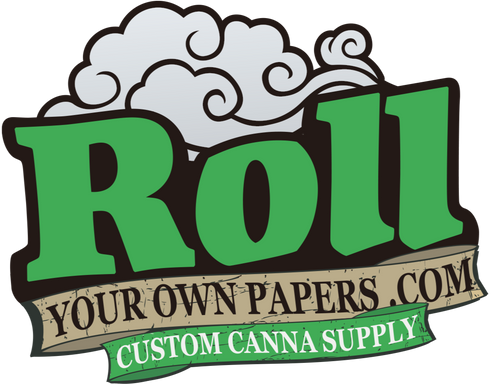
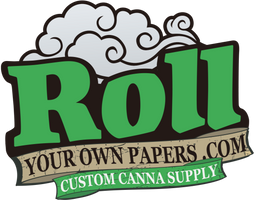
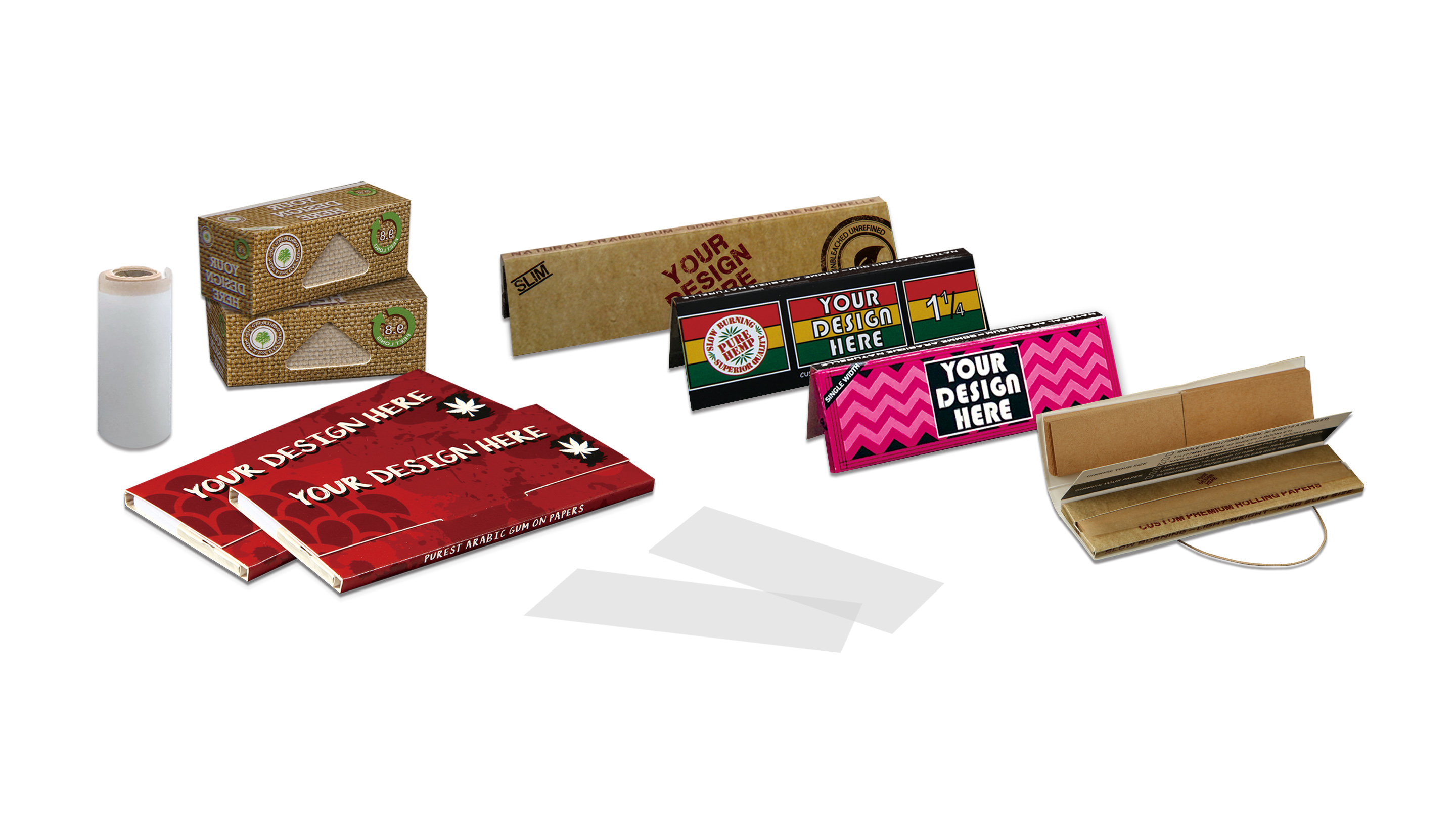
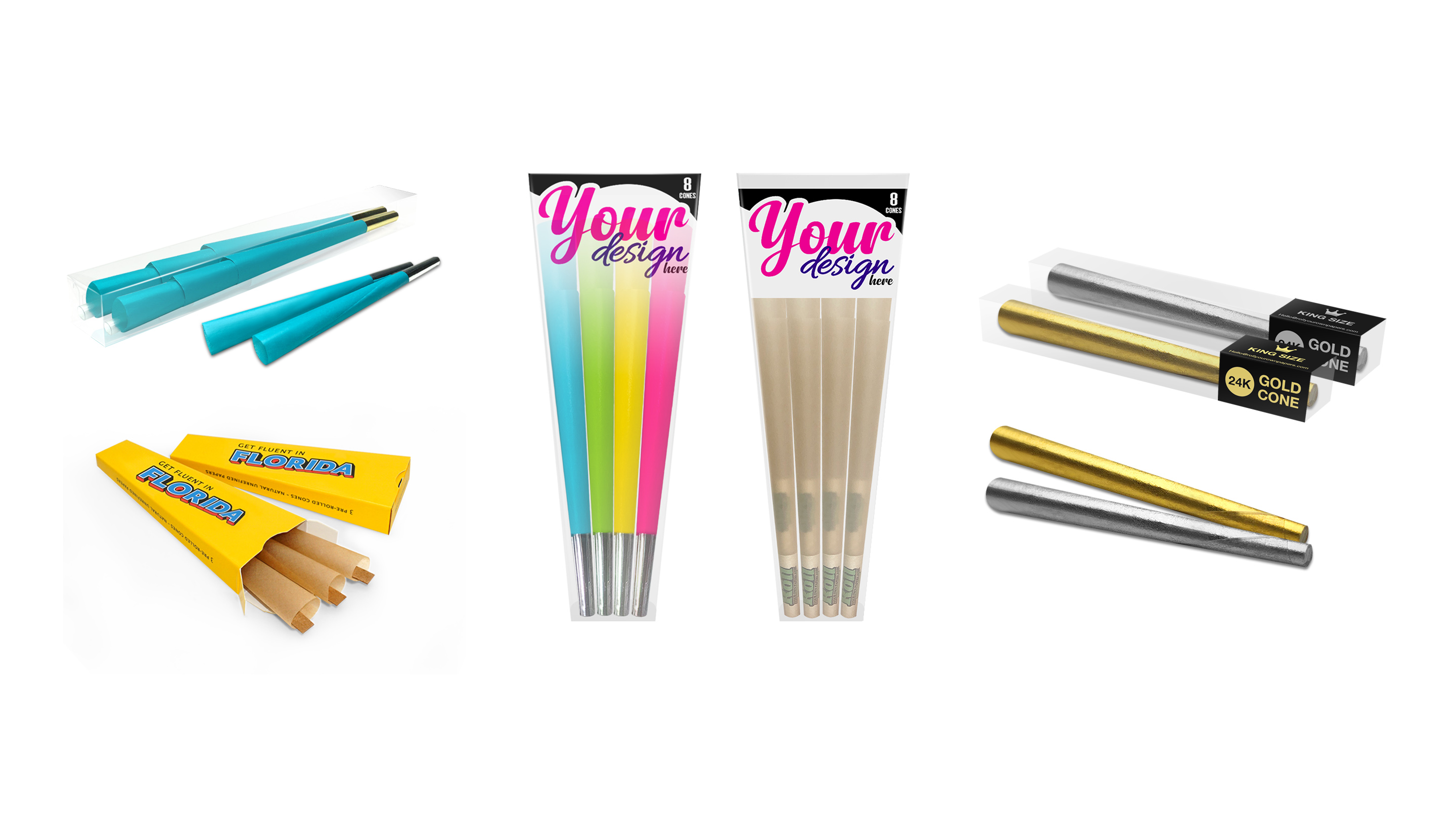
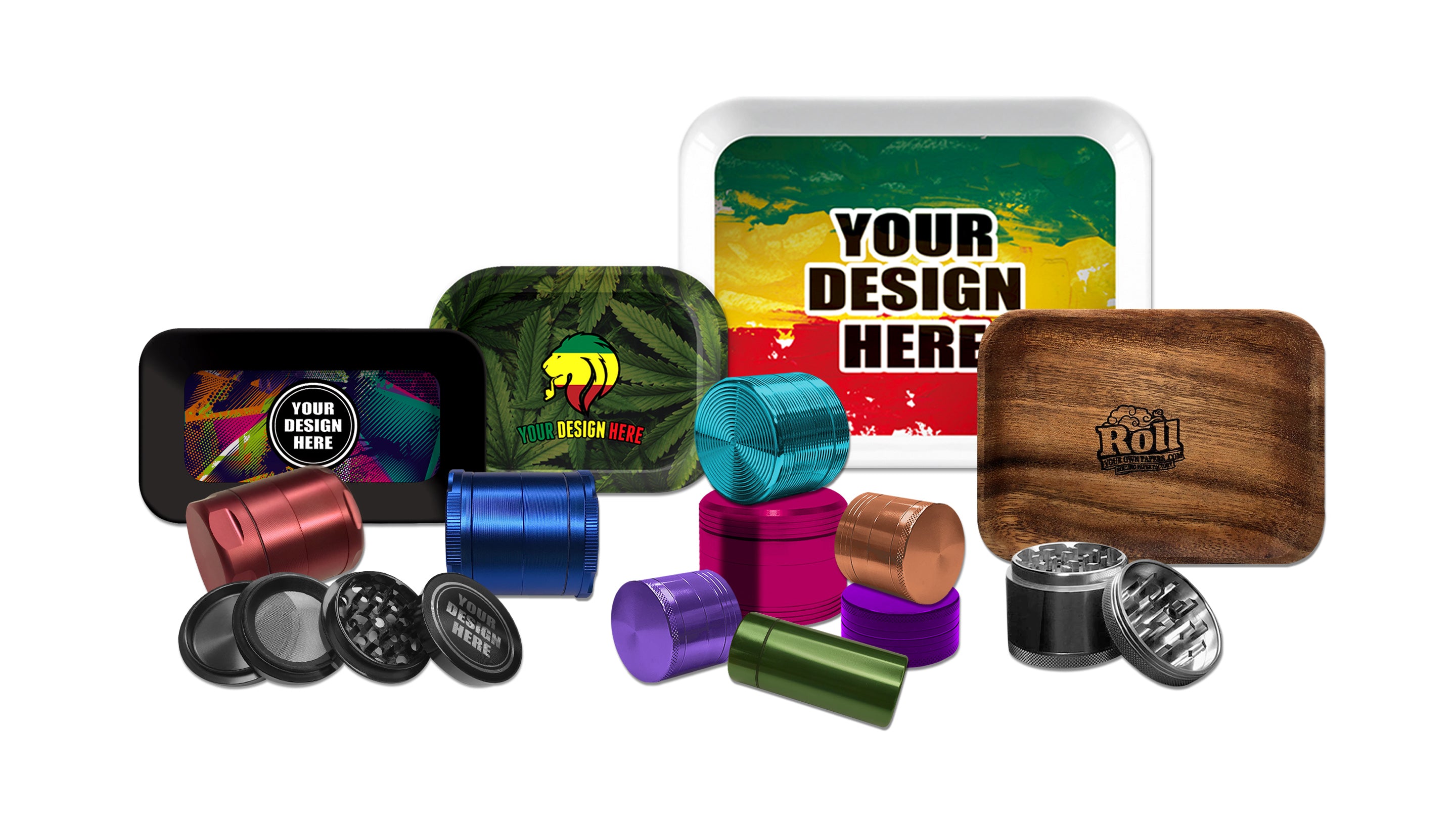
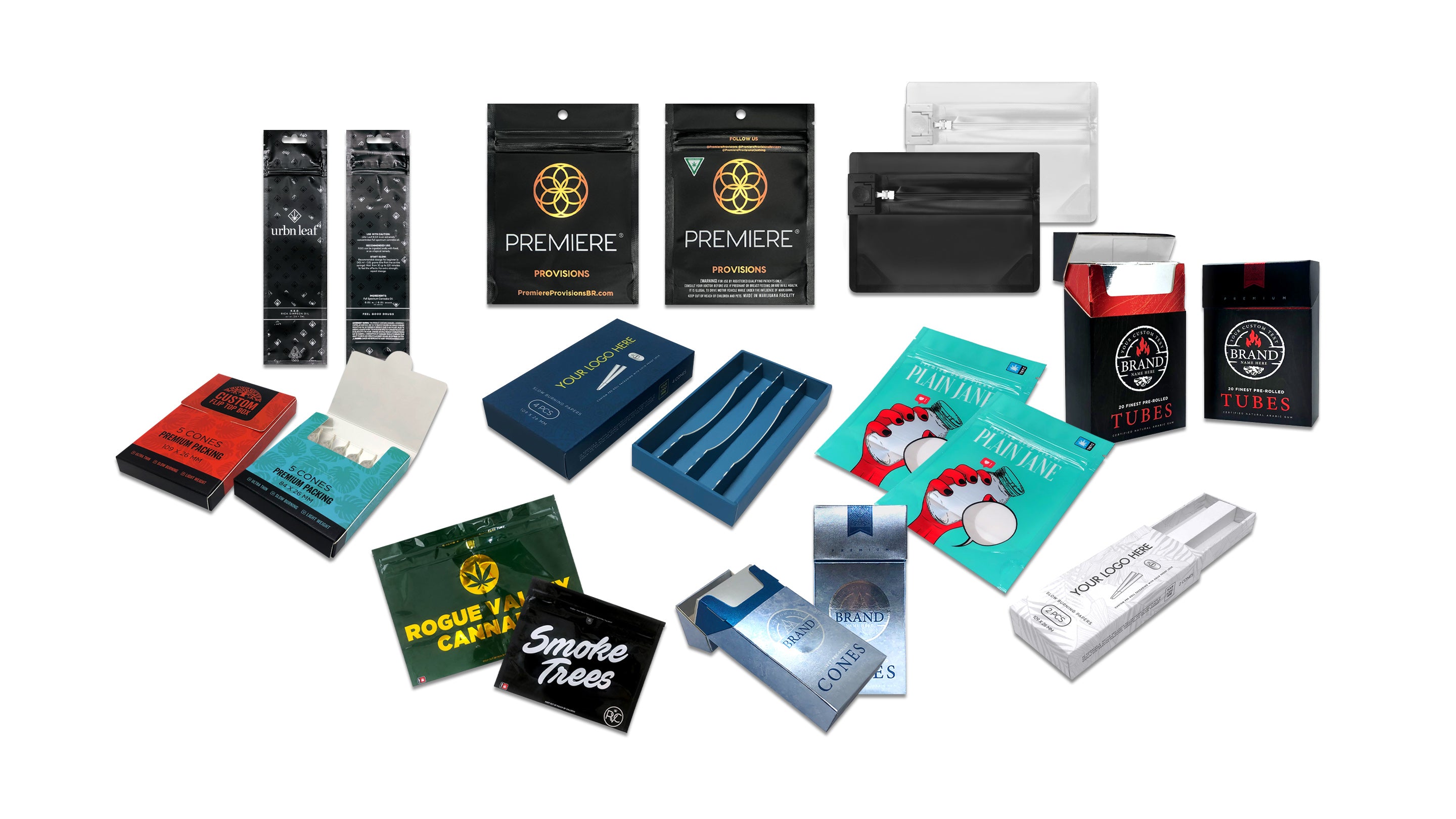
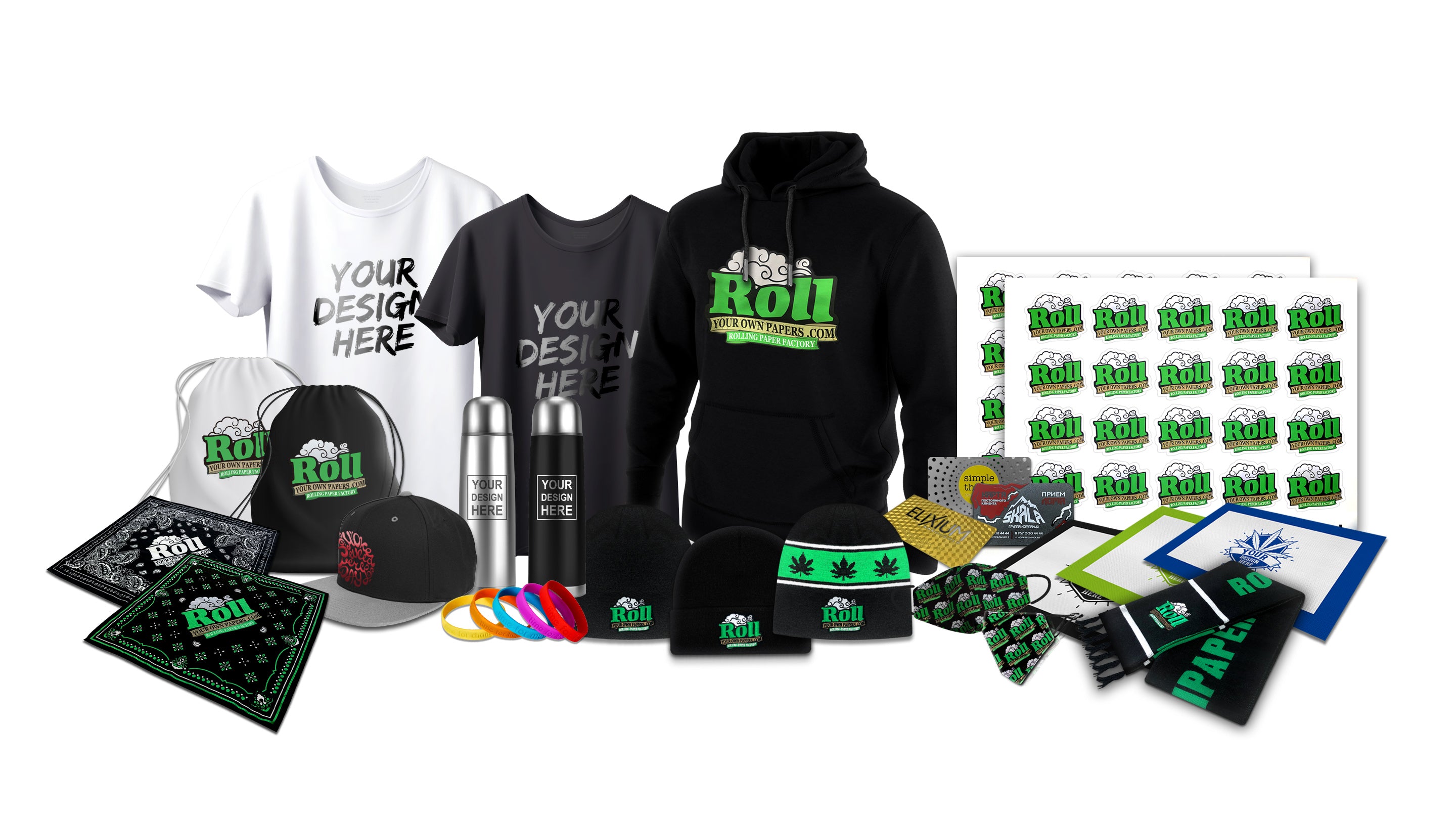
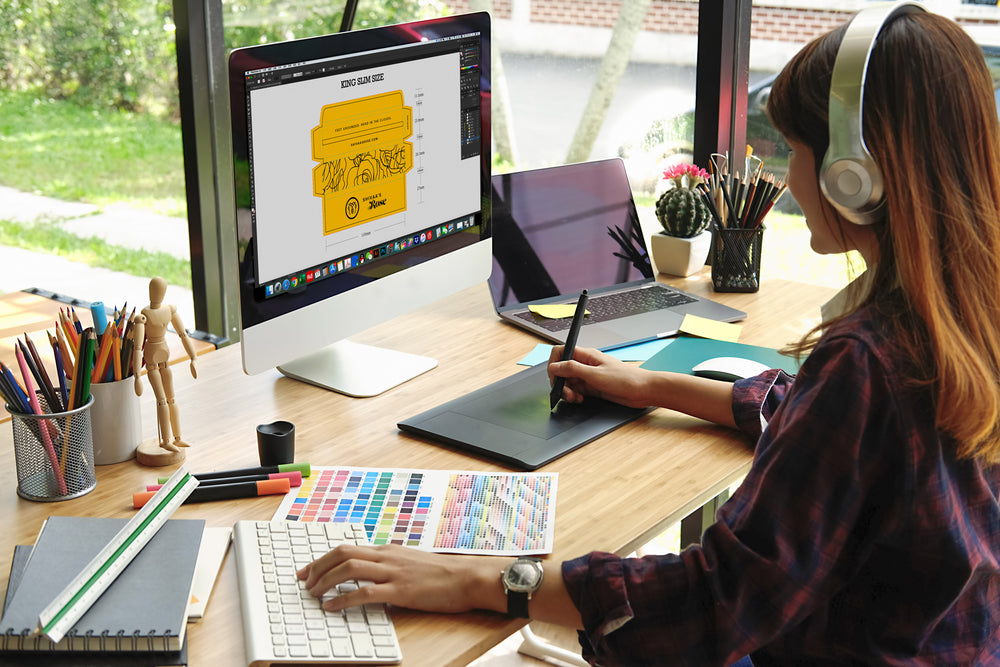




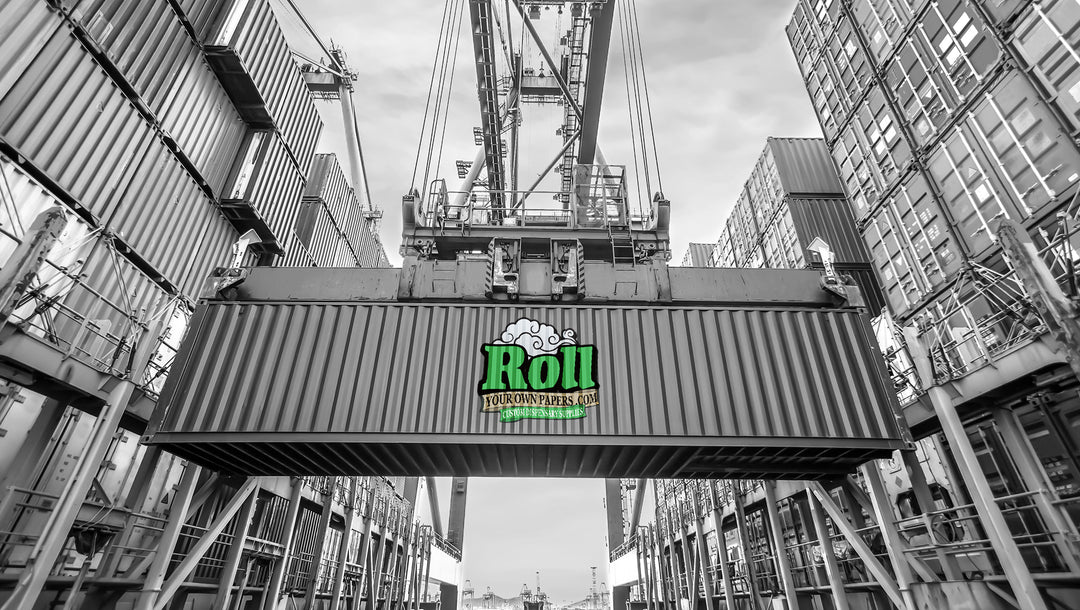
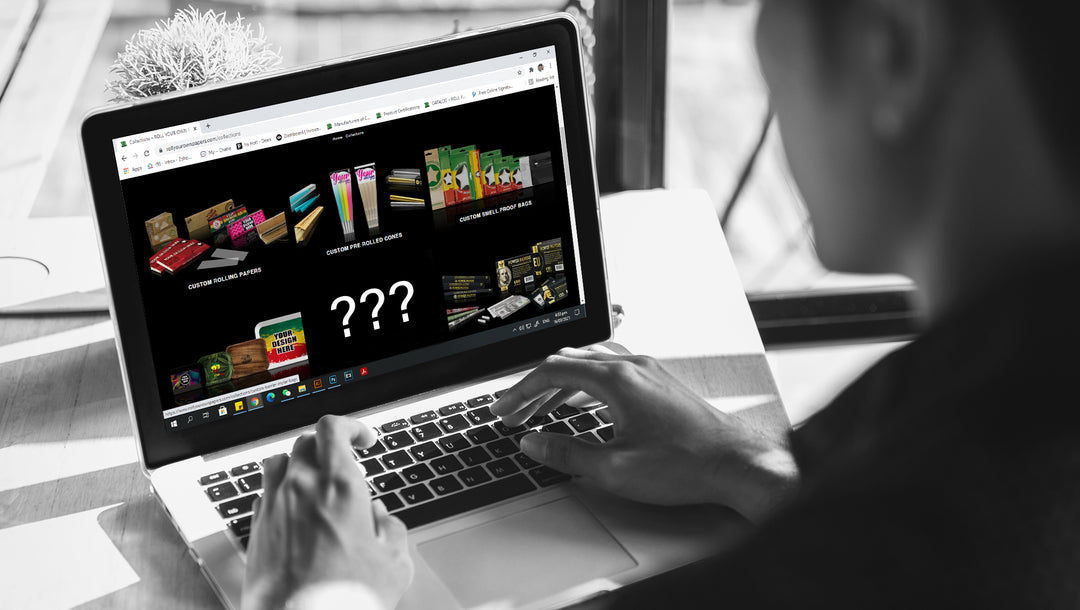
Leave a comment